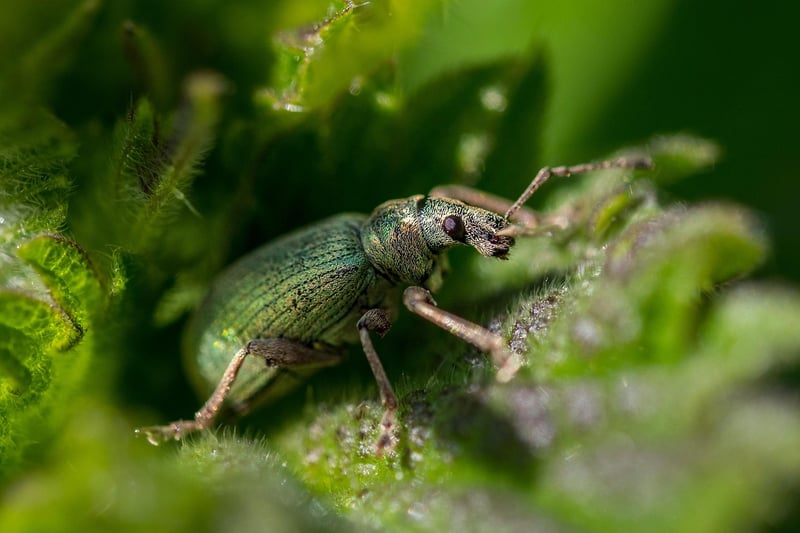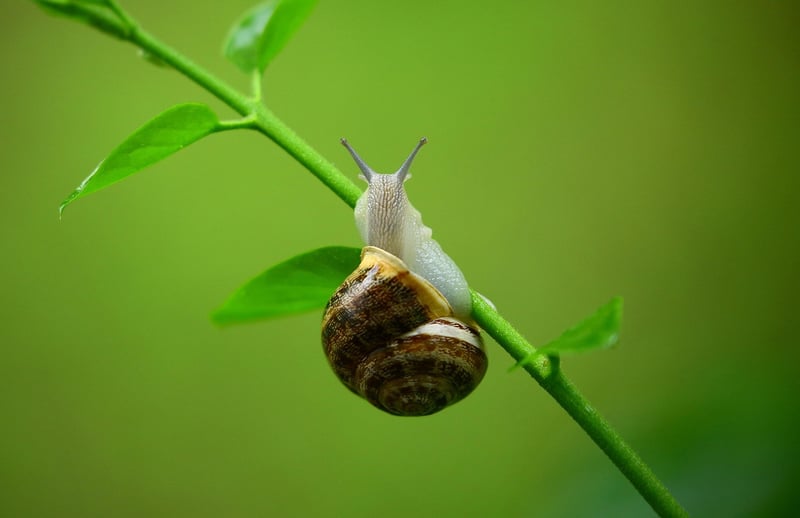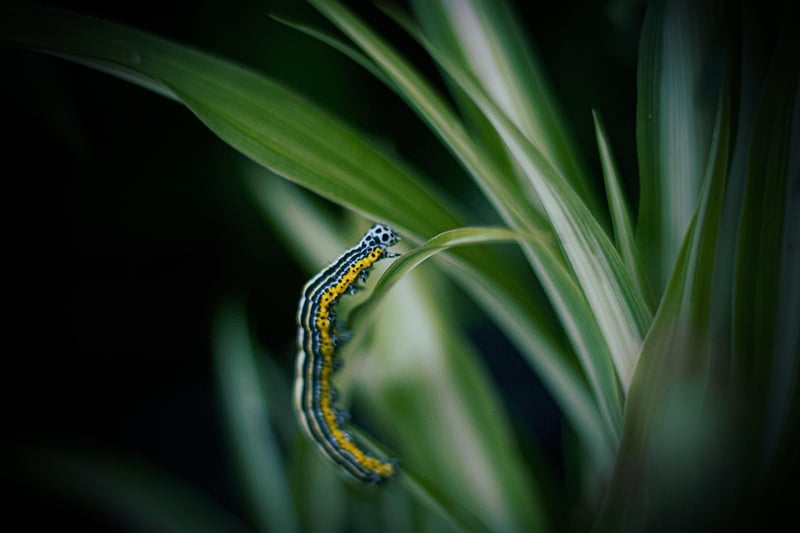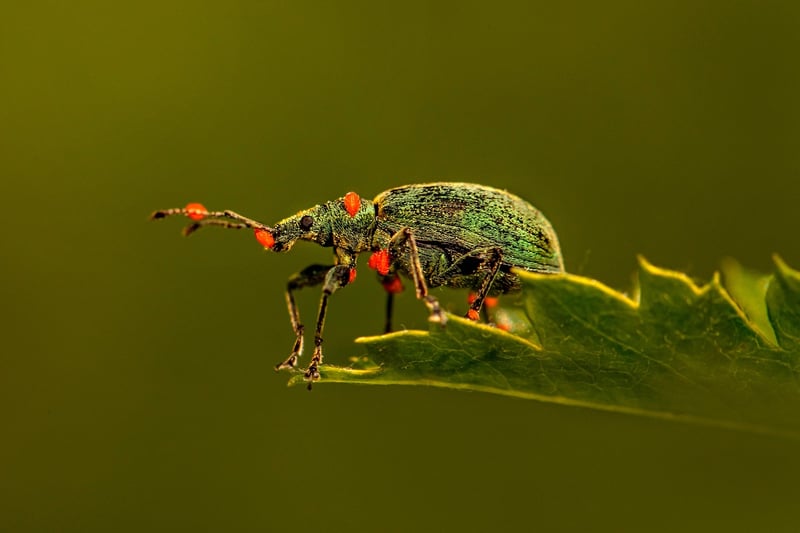Identifying Common Pests
Managing Pests in Your Garden
Welcome to our guide on managing pests in your garden. Keeping your garden free from pests is essential to ensure your plants stay healthy and thrive. By implementing effective pest management strategies, you can protect your garden from damage and preserve its beauty. Let's explore some tips on how to deal with common pests in your garden.
1. Natural Predators
Encouraging natural predators like ladybugs, lacewings, and birds can help control pest populations in your garden. Consider planting flowers that attract these beneficial insects and providing nesting places for birds.
2. Companion Planting
Some plants can repel pests or attract beneficial insects when planted alongside your main crops. Research companion planting techniques to create a natural barrier against pests.
3. Organic Sprays
Use organic sprays like neem oil, insecticidal soap, or garlic spray to deter common garden pests. These sprays are safe for your plants and the environment while effectively controlling pests.
4. Mulching
Applying mulch around your plants can help prevent weed growth and create a barrier against crawling pests. Mulch also retains moisture in the soil, promoting plant health.
Identifying Common Pests
Understanding the pests that commonly infest gardens is crucial for effective pest management. Here are some common garden pests you may encounter:
Aphids
Aphids are small, soft-bodied insects that feed on plant sap, causing stunted growth and yellowing leaves.

Slugs and Snails
Slugs and snails are nocturnal pests that feed on leaves and stems, leaving behind slime trails.

Caterpillars
Caterpillars are the larval stage of butterflies and moths, known for voraciously consuming foliage.

By identifying these common pests and implementing appropriate pest management techniques, you can protect your garden and enjoy a bountiful harvest. Happy gardening!
